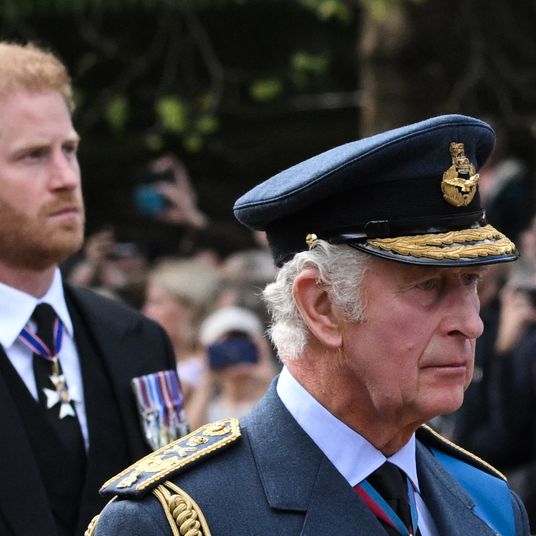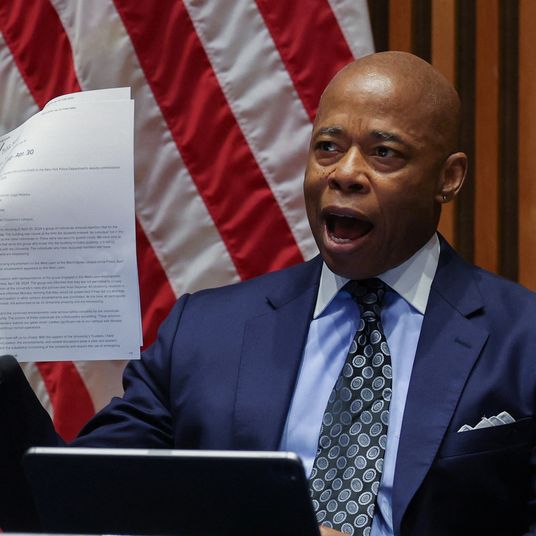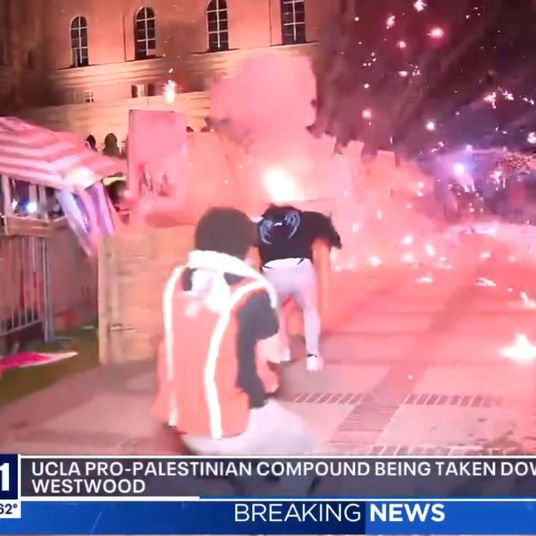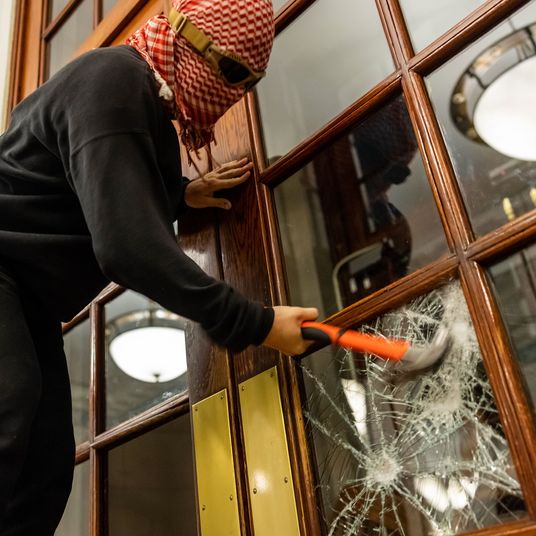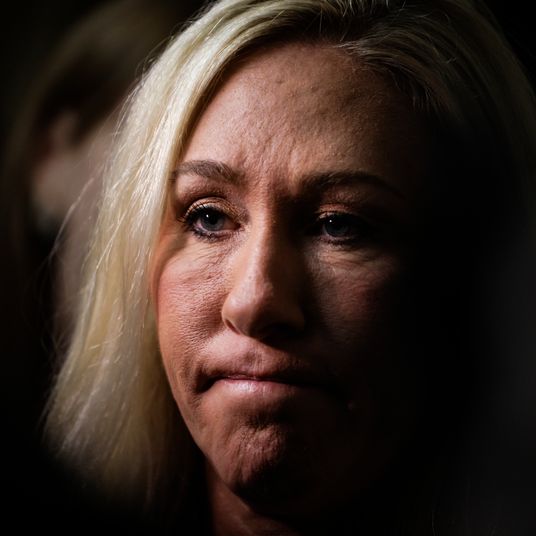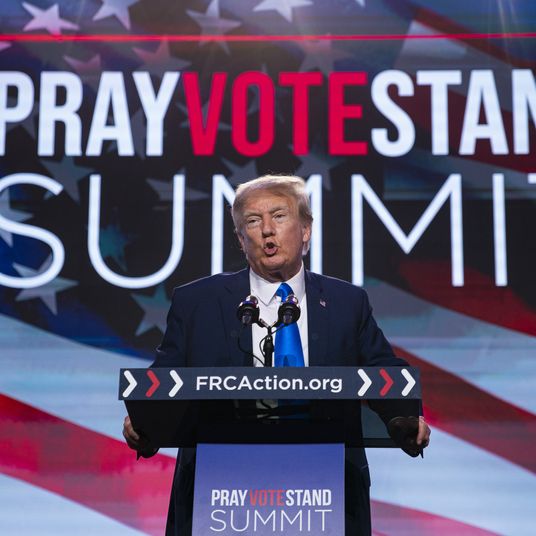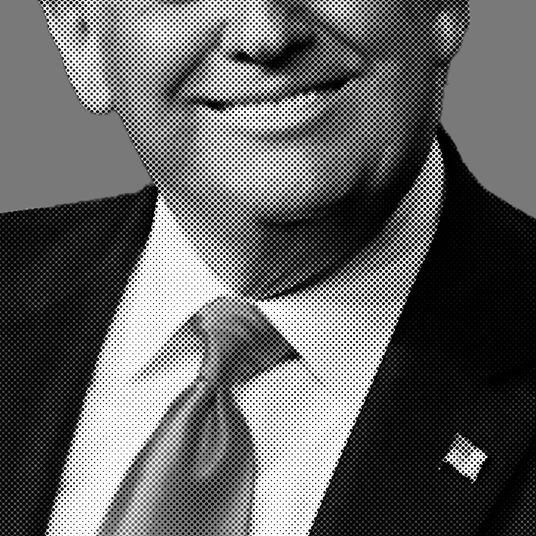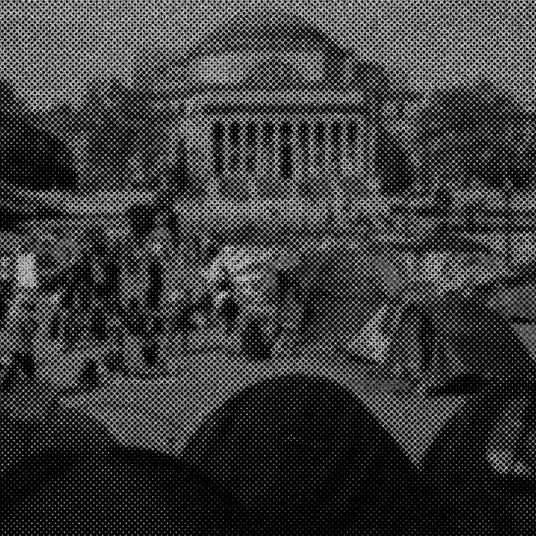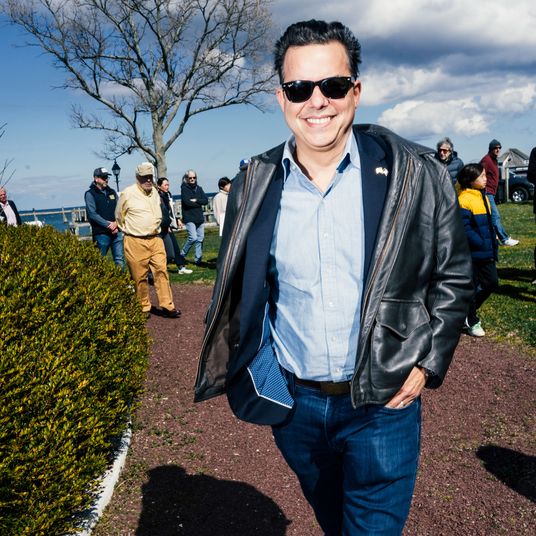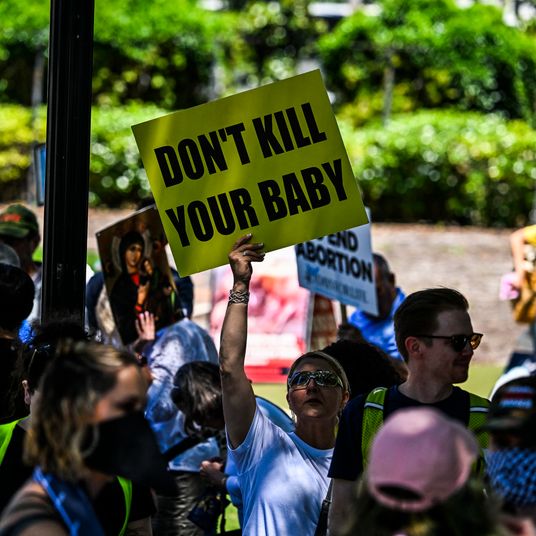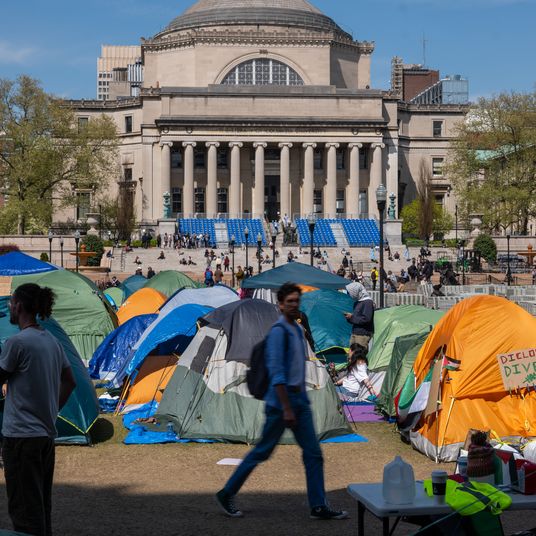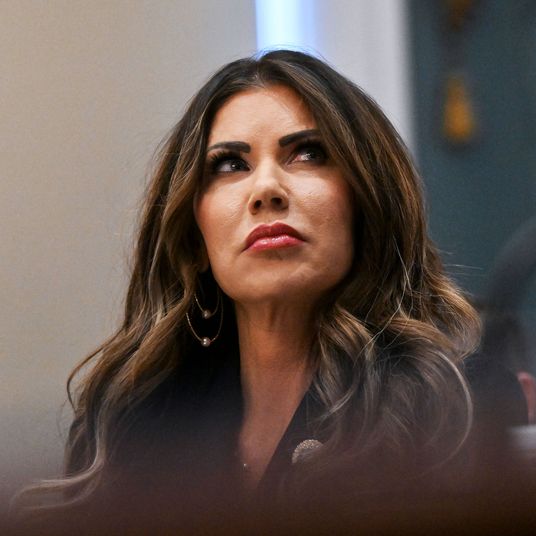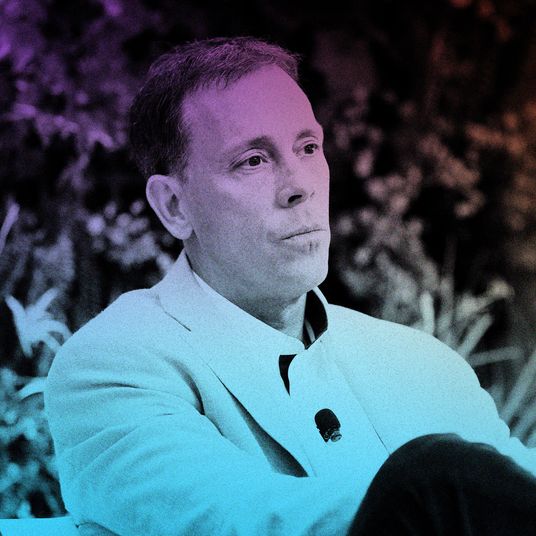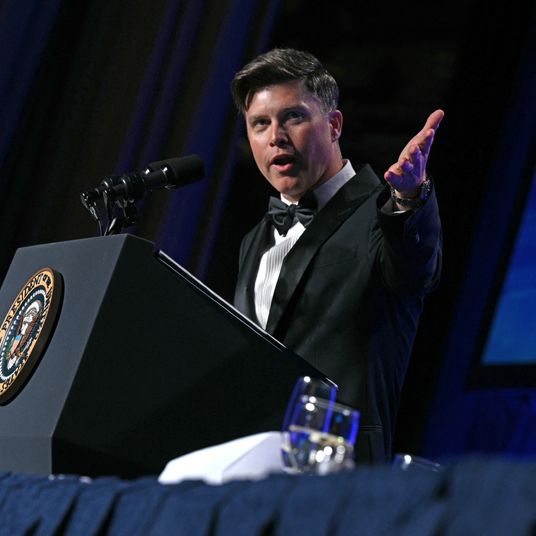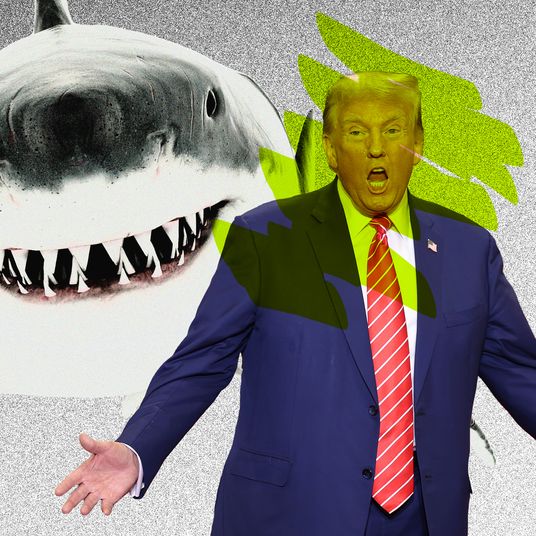
Kim Kardashian West arrived at the White House Wednesday with an improbable mission: Convince the “law and order” president to use his clemency powers to bestow mercy on those who have been wronged by our nation’s criminal justice system. Less than 24 hours later, Donald Trump has done just that.
West had specifically asked the president to offer clemency to Alice Marie Johnson, a first-time, nonviolent drug offender who is currently serving a life sentence. But on Thursday, Trump decided to strike an even more powerful blow against America’s criminal “injustice” system, by offering a full pardon to the former political prisoner — and path-breaking public intellectual — Dinesh D’Souza.
D’Souza accepted Trump’s mercy with characteristic eloquence and grace.
In 2012, D’Souza released his revelatory, investigative documentary 2016: Obama’s America. As gorgeously shot as it was meticulously fact-checked, D’Souza’s film dispelled the fiction that Barack Obama didn’t know what he was doing: The first African “American” president had not run up the federal deficit in a misguided attempt to stimulate a bad economy (as a normal, economically illiterate liberal would do); rather, Obama knew that his fiscally irresponsible policies were hurting the United States. Indoctrinated into Kenyan anti-colonialism by his absent father, Obama was trying to bankrupt the U.S. as a means of shifting the balance of global power to the developing world.
Were Obama to win reelection, D’Souza’s film argued, America would be an economic backwater — and Iran, a nuclear-weapons state — by 2016.
D’Souza’s dire predictions (obviously) turned out to be prophecies — but there was one terrifying aspect of Obama’s second term that even he failed to anticipate: that he would personally become one of the anti-colonialist-in-chief’s victims.
Thanks to big government overreach, there are so many rules and regulations in the United States, all Americans have probably, accidentally violated at least one. And in 2012, D’Souza absent-mindedly arranged $20,000 in illegal campaign contributions for a Republican Senate candidate who ultimately lost by more than 40 points — a mistake that any hard-working American could have made in a moment of inattention. But the Obama Justice Department threw the book at D’Souza, anyway: Had Trump not offered his mercy on Thursday, D’Souza would still be on probation.
Nevertheless, D’Souza persisted. The intellectual bravery that D’Souza first demonstrated as editor of the Dartmouth Review (where he outed gay classmates in a fearless exposé on the school’s Gay Students Association, and published a classic critique of affirmative action titled “Dis Sho Ain’t No Jive, Bro,”) simply could not be extinguished by political persecution. And in 2016, in his film Hillary’s America: The Secret History of the Democratic Party, D’Souza unearthed historical documents that proved, beyond a shadow of a doubt, that Abraham Lincoln was actually a Republican — and that Confederate slaveholders were actually Democrats. Surely, no matter one’s political views, we can all agree that a historian who has made such vital contributions to our nation’s collective self-understanding should be allowed to get away with white collar-crimes.
The president’s pardon of D’Souza sends a powerful message to the entire world: Stifling dissent by prosecuting critics (for blatant felonies that they confessed to) is never okay; also, if a loyal supporter of the president gets convicted of a campaign-finance violation, he won’t have anything to worry about, (if an African-American great-grandmother gets sentenced to life in prison for a nonviolent drug offense, however, all bets are off).







